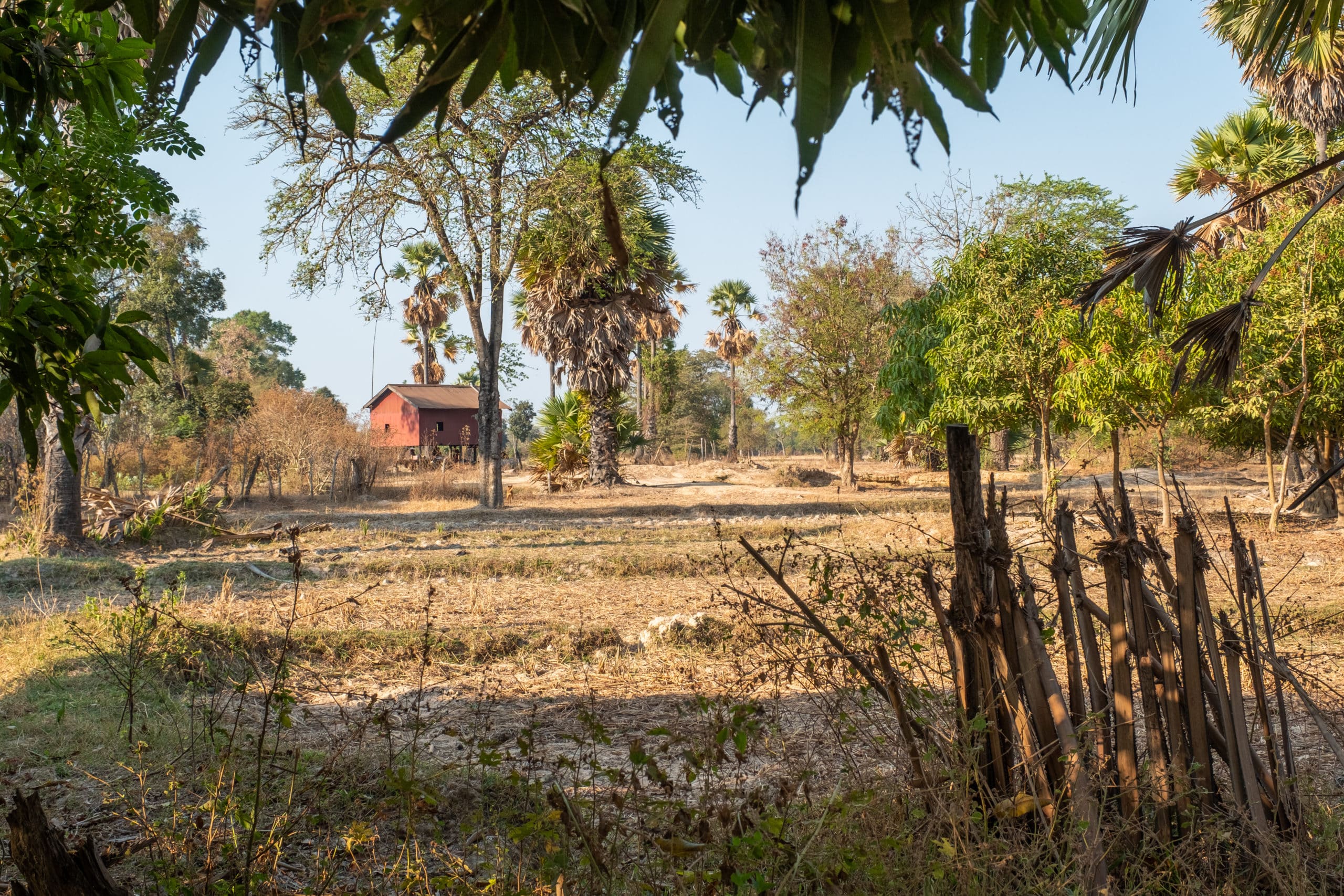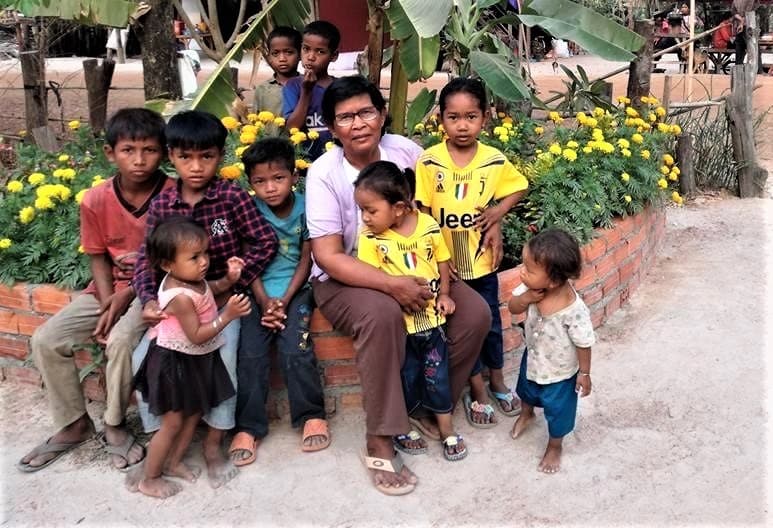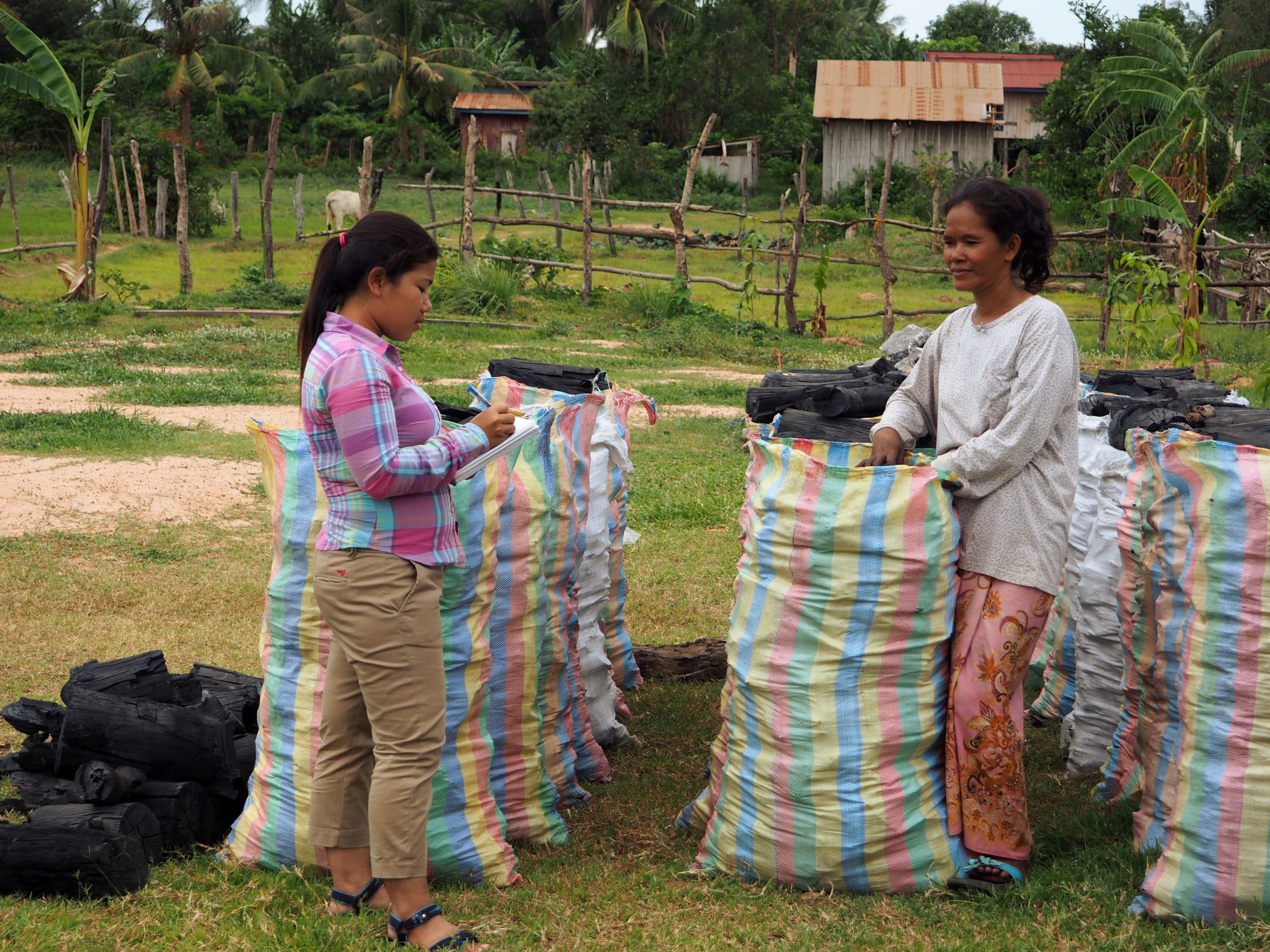In Cambodia, women are rolling up their sleeves to access sustainable, legal energy
According to a Cambodian saying, “a woman’s place is in the kitchen”. The opposite is true here. We hear from Eang Oeun, Say Samen, Sokha Khiev and Hem Kieng. Strong women committed to their communities.
In Cambodia, many women are vulnerable as a result of their lack of income and low educational level, as well as the divorces affecting increasing numbers of families, especially young couples.
More generally, women in Cambodia also have to face major challenges related to climate change. Even though the country is considered to be heavily “wooded”, deforestation has increased sharply over the last decade and this serious degradation of the forest and natural resources caused by human activity is now contributing to the exacerbation of climate disturbances.
Local communities have to cope with an increased risk of storms, irregular rainfall and household supply problems. Droughts and food shortages are happening ever more frequently, affecting women and children in particular.
Find out more about the development of forest resources in Cambodia

Women encouraging other women to take part in local government
64 year-old Ms Hem Kien from the Koh ktom village is head of the commune council of Chiep. For 15 years, she has been involved in managing the local administration and mobilizing communities around natural resource management. As a woman leader, she encourages women to play an active part in local government administration.
Ms Hem Kien says that: “men need to understand that Cambodian women form an integral part of all development, all decision-making and all problem-solving.”
The measures introduced by Hem Kien include stepping up the provision of education and accessible information for all to make women and men in the community more aware of the factors which have contributed to climate change and its impact on communities.
As senior leader, she also strives on a day-to-day basis to build the capacity of local people, making sure that they genuinely protect the community’s land and, above all, understand the advantages they can obtain from the resources at their disposal, especially by building trust between community members.
Eang Ouen, deputy head of the O’Baktra forest community since 2015, is on the same wavelength:
“The more we enrich our knowledge and know-how so that we can protect and get the most out of our forest area, the better our chances of preserving that resource”.

The sustainable biomass-energy value chain, a source of income and emancipation for Cambodian women
Asked why she had wanted to become a leader on these issues, Ms Hem Kien gave a clear, straightforward answer: “I gained this status above all because, not being married, I have no domestic duties and also because I really love to help women and men in my community. My previous experiences have given me confidence in my work .”
Ms Hem Kien’s testimony also goes some way towards demonstrating that, in the end, Cambodian women are still dependent on men to live the life they want. More and more Cambodian women are trying to make this into a strength and even a springboard to emancipation.
Sokha Khiev, who has been working for Geres for three and a half years, is a case in point. Born into a modest family, she was able to continue her studies “thanks to her uncle and older brother” .
She talks every day to rural women who did not get that opportunity and are reluctant to take part in community activities because they lack self-confidence.
“During the session on gender for Geres teams, I was surprised to learn that women and men have the same rights, particularly in terms of access to professional opportunities.
So now I encourage women to play a bigger part in the biomass-energy sector because it’s an income source for them!”
At Geres, our local teams do consider it a point of honour to bring about more climate-resilient communities by developing a production and supply chain for legal, sustainable biomass-energy.

First of all, this means working with forest communities, charcoal producers and the local authorities to ensure that firewood is collected in authorized community-managed areas and that high-quality charcoal is produced with modern techniques which reduce firewood use.
But also and above all, it means improving cooking techniques, particularly by building the institutional, technical and marketing capacities of producers of so-called “improved” stoves for households (which of course are very often headed by women).
Energy demand of 4.7 million tonnes of wood is generated in the country by domestic cooking alone, three times the energy demand from the transport sector.
Because these stoves are highly energy-efficient, they reduce the heavy pressure exerted on forest resources and ensure that Cambodian women have less exposure to the harmful smoke given off by traditional cooking stoves.
Find out more about Geres support for the improved stove sector in Cambodia
31 year-old Say Samen and her husband live in Samroang Yea, in Pursat province. Their only income comes from selling charcoal.
The couple got involved with Geres at the initiative of Say Samen. These days, they receive wood deliveries from forest communities and can produce more charcoal with their improved kiln.
Say Samen now holds the reins in the couple, taking care of bagging and sale for example. It is also her job to enter the data in the traceability app. In the past, she used to recruit helpers for bagging but her husband has now freed up some time to join in the task and also helps her to look after their two children.
Ms Samen is already looking to the future with more confidence and has great ambitions for her children. She and her husband will be able to set aside some of the money earned from sustainable charcoal and use it to send their children to university, giving them the opportunity to follow their preferred career paths.
There may still be a long way to go, but the road to equality has been well and truly marked out.
WOULD YOU LIKE TO TAKE ACTION
AND SUPPORT WHAT WE DO?
Tell us who you are and find your means of action.
